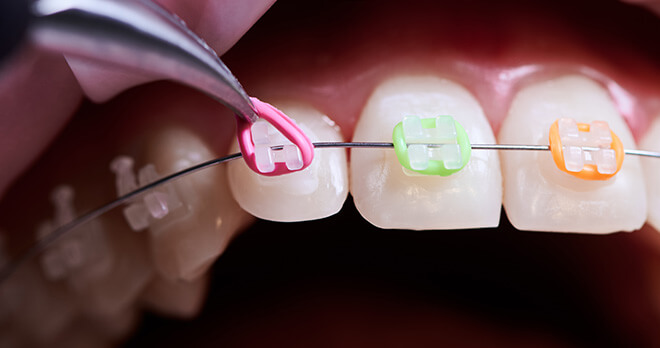What is consent and why is it so important?
A blog looking at Consent, what is it and why is it so important?
Sadly, many claims surround the issue of consent when it comes to dental treatment. All dentists are under a legal obligation to obtain valid consent before any treatment is carried out.
What is Consent?
Dentists are not allowed to carry out any form of treatment unless a patient or their next of kin has been fully informed of any potential risks and any alternative treatment options available.
You should be fully involved in the decisions relating to your treatment and be able to make an informed choice about the treatment you receive. If you are not fully informed of the possible pros and cons of a procedure or treatment, and any alternative options available to you, you are denied of your right to make your own decision as to the best course of action.
The General Dental Council (GDC) has 9 principles that they expect dentists to follow. Principle 3 covers consent to dental treatment.
Principle 3
Guidance states that dentists must make sure they have valid consent before starting any treatment or investigation. This applies whether you have seen the dentist before or not. The dentist should not assume that another member of the team has already obtained your consent to treatment.
All discussions that take place in the process of gaining consent should be documented in your notes. Although a signature on a form is important in verifying that you have given consent, it is the discussions that take place with you that will determine whether the consent is valid.
The dentist should find out what you want to know as well as what you need to know. This includes the following:
- Options for treatment, including the risks and potential benefits;
- Why the dentist thinks one options is better than another for you;
- The consequences, risks and benefits of the treatment proposed;
- The likely prognosis;
- Your recommended option;
- The cost of proposed treatment;
- What might happen if the proposed treatment is not carried out; and
- Whether the treatment is guaranteed, how long it is guaranteed for and any exclusions that apply.
Your dentist must check and document that you have understood the information that has been given to you.
Remember, as a dental patient, you can withdraw your consent at any time. You may refuse treatment or ask for it to be stopped even if it has started. The Dentist must always respect these rights.
If your dental treatment consists of sedation or general anaesthetic, written consent must be obtained.
Dentists must tailor the way that consent is asked for depending upon your needs. Information must be given in a way that is easy for you to understand.
If you have trouble communicating, it is encouraged that you have a friend or relative with you who can ask questions about anything you are worried about. The dentist must always consider whether you are able to make a proper decision about your care and should avoid making assumptions about your ability to give valid consent to treatment. Dentists should check and document in your clinical records that you have understood the information that you have been given.
Consent to dental treatment is not a one-off event and it should be part of the ongoing communication between you and the dental team. You should never be kept in the dark about the progress of your care and your dentist must ensure that they have specific consent for what is going to happen at each appointment.
If your treatment changes or the cost is altered, your dentist must obtain your consent to the changes and record that you have done so, before any treatment is carried out.
Summary.
If you are concerned that you have had treatment without being provided with the requisite information about the risks and this has compromised your dentition or proved unsuccessful, you should seek medical advice from a dental specialist and feel free to contact a member of the Dental Negligence Team for specialist legal advice.
Got a question?
You can call the team on 0800 923 2080 or message them to understand more about you potential compensation claim for dental negligence. We will get back to you at a time that is convenient to you.
Common claim types
Insights and opinions
View more articles related to Cosmetic dentistry, Crowns and bridges, Dental implants, Dental nerve damage, Extractions, Gum disease, Information, Mouth cancer, Orthodontics, Root canal treatment, Tooth decay and Wisdom teeth










